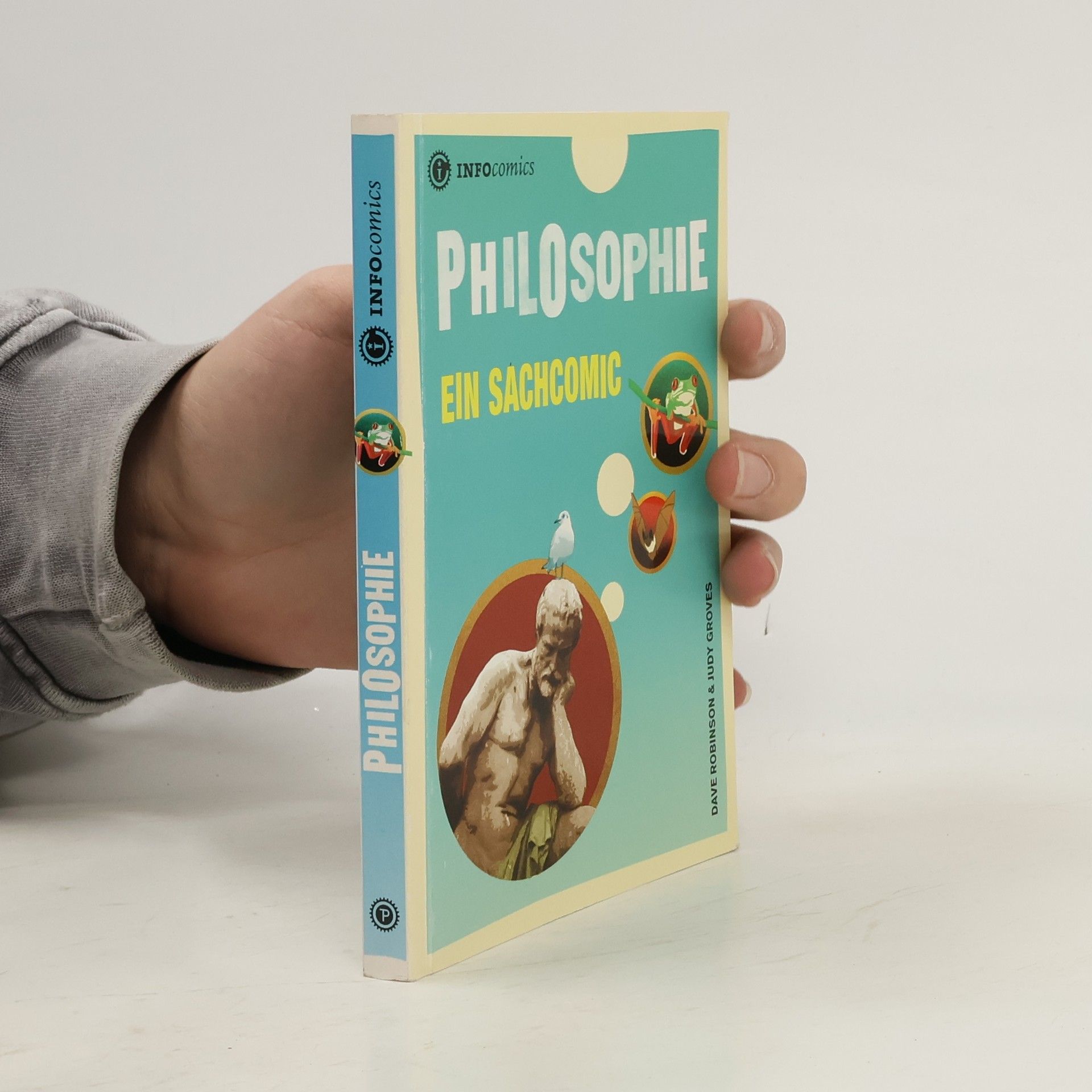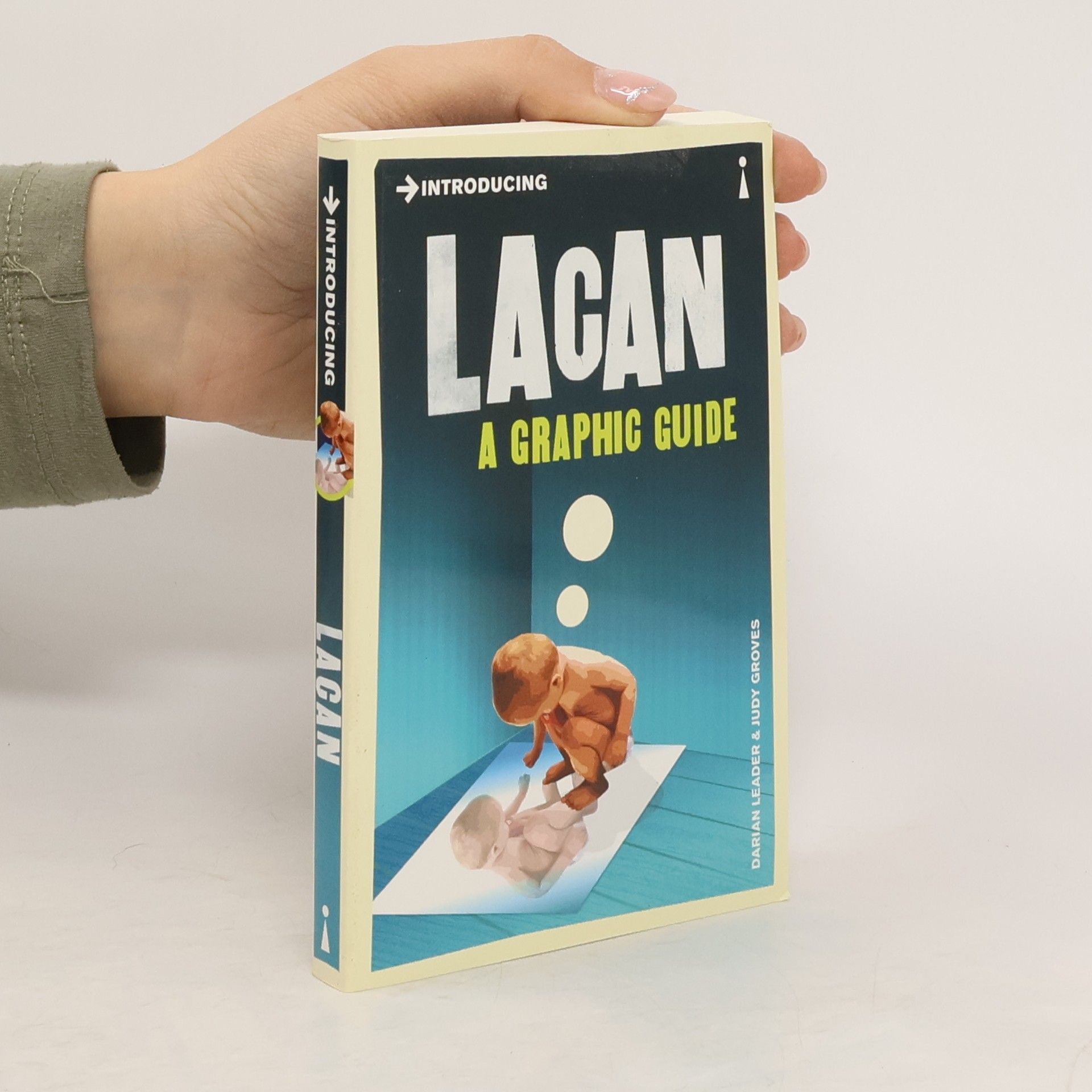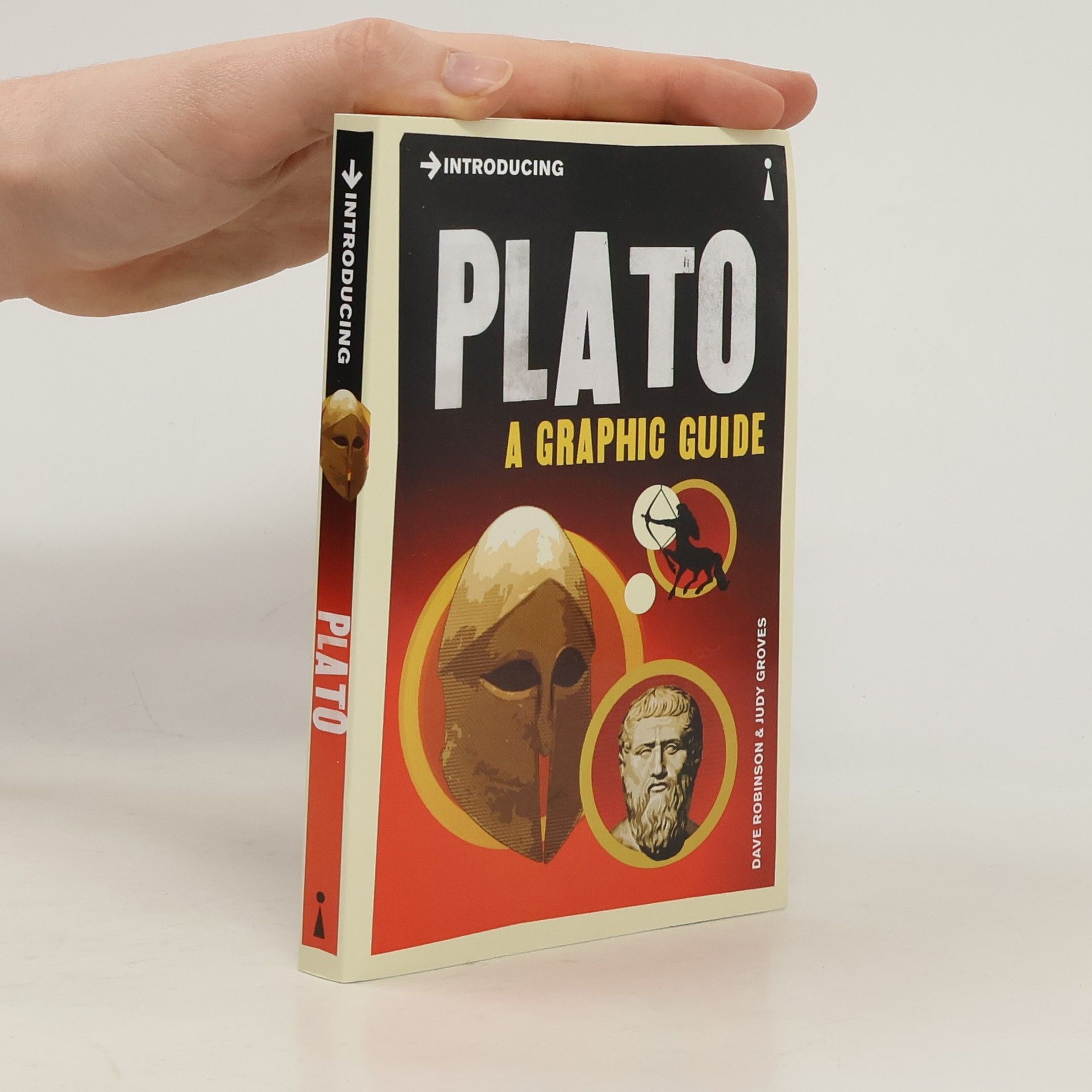Introducing Wittgenstein
- 175 Seiten
- 7 Lesestunden
In this book we learn about Wittgenstein's extraordinary life and are given a clear and accessible guide to his central works, the Tractatus Kiguci-Philosophicus and Philosophical Investigations.






In this book we learn about Wittgenstein's extraordinary life and are given a clear and accessible guide to his central works, the Tractatus Kiguci-Philosophicus and Philosophical Investigations.
Unique graphic introductions to big ideas and thinkers, written by experts in the field.
Unique graphic introductions to big ideas and thinkers, written by experts in the field.
Unique graphic introductions to big ideas and thinkers, written by experts in the field.
Hilft menschliche Sprache bei der Wahrheitsfindung, wenn ja wie? Sind Regierungen sinnvoll? Können wir wirklich frei bestimmen, wer wir sind und was wir tun? Wer sagt uns was Wahrheit ist? Was ist das Besondere am menschlichen Geist und Bewusstsein? Wie sollen wir miteinander umgehen und wie sollen Gesellschaften organisiert sein? Und überhaupt: Wozu leben wir eigentlich? Philosophen haben es schon immer genossen sich und der Gesellschaft unangenehme und provokative Fragen zu stellen. Diese zeitlosen und nach wie vor brisanten Fragen haben sich schon die alten Griechen gestellt, was sie zu den „Erfindern“ der westlichen Philosophie gemacht hat. Das Sachcomic Philosophie spannt daher den Bogen von Aristoteles über Augustinus, Descartes, Hegel, Kant, Wittgenstein, Jefferson, Karl Popper zu Foucault und notiert deren Antworten. Irgendeine Einstellung zu sich und dem Leben da draußen hat jeder. Hier kann man sie sich bewußt machen und sie überprüfen: dafür will ich leben!
This introduction traces Chomsky's understanding of the cognitive realities involved in the use of language and the technical apparatus needed to represent it. Also described is his radical critique of the institutions of power and pathways of oppression.
Kniha zábavnou komiksovou formou představí klasika strukturalismu a strukturální antropologie. Krátce před druhou světovou válkou se Claude Lévi-Strauss seznámil s lingvistou ruského původu Romanem Jacobsenem a pod jeho vlivem přenesl strukturalistický pohled na jazykové systémy na studium společenských vztahů, jež se také vyjadřují jazykem a chápou často v opozicích (muž–žena, rodič–dítě). Protože za hlavní úkol antropologie pokládal studium nevědomých (neuvědomovaných) kulturních struktur různých společností jako protikladu ke strukturám přírodním, věnoval se zejména strukturám příbuzenství a roli zákazu incestu, strukturám mýtů a vyprávění a vůbec „myšlení přírodních národů“.
Otázkami, které směroval na své aténské současníky, je vedl k zamyšlení nad velkými tématy, která označujeme jako filozofická. V rozsáhlém Platonově díle můžeme nalézt jeho stanoviska k vědním oblastem jako je povaha vědění a reality, politika, etika, matematika, ekonomika a další. Komiksová kniha Platon čtenáři ukazuje, jak byl tento velký filozof ovlivněn myšlenkami Sokratovými či Pythagorovými, srozumitelně popisuje základní myšlenky platonismu a naznačuje, jak Platon ovlivnil současnou filozofii, např. moderní myslitele jako Karl Popper nebo Jacques Derrida.